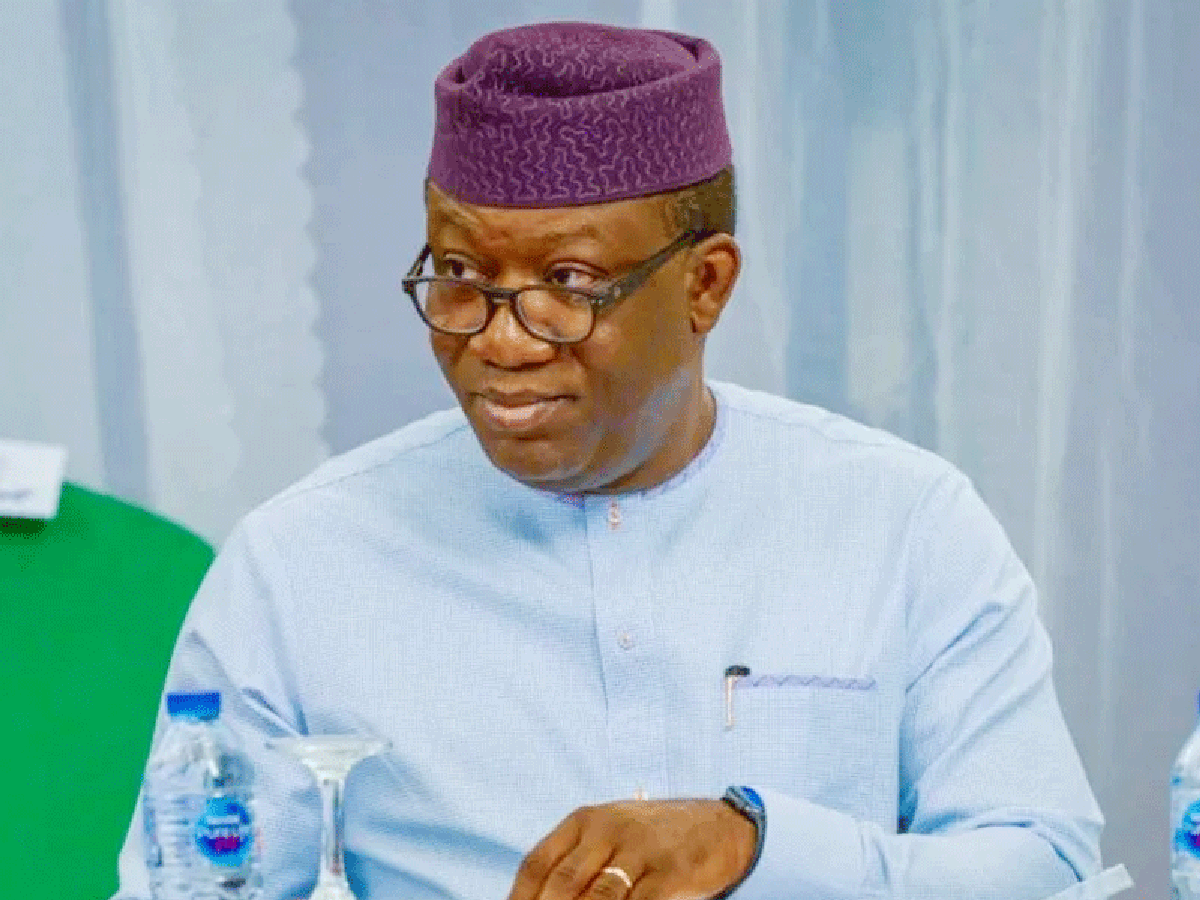Vice President Kashim Shettima has hailed the economic reforms under President Bola Tinubu as some of the most courageous in Nigeria’s history, saying they are already delivering notable progress.
Speaking through his Special Adviser on Economic Matters, Dr. Tope Fasua, Shettima made the remarks on Tuesday during the opening of the 32nd Annual Meetings of the African Export-Import Bank in Abuja.
Speaking to an audience of African leaders, policymakers, and business executives, the Vice President said Nigeria is undertaking intentional reforms designed to strengthen the economy by enhancing transparency, building resilience, and driving long-term sustainable growth.
“Our administration is pursuing one of the boldest economic reform agendas in Nigeria’s history,” he said. “Because resilience is not passive—it must be planned, built, and protected.”
Shettima noted that the Federal Government has unified the foreign exchange market, eliminated fuel subsidies, launched a national compressed natural gas transition plan, and embarked on key infrastructure projects, including the Lagos-Calabar Coastal Highway and the Eastern rail corridor.
“We have unified the exchange rate, eliminating multiple FX windows to restore transparency and investor confidence. We have phased out fuel subsidies, saving billions in leakages and reinvesting in social protection and infrastructure,” he said.
He added that the government has reformed the oil sector by implementing real-time export tracking and strengthening revenue assurance through the Petroleum Cargo Declaration Scheme.
He stated that support for small and medium enterprises has been revamped through digital platforms designed to align with the objectives of the African Continental Free Trade Area.
“These actions, while difficult, are already yielding impact. GDP is projected to grow at 4–4.5 per cent in 2025. Inflation is stabilising. Reserves are strengthening. Our economy is on a firmer, more diversified footing,” Shettima said.
The Vice President also praised Afreximbank for its significant role in Nigeria’s development, highlighting that the country remains the bank’s largest beneficiary. He noted that while the bank has disbursed over $100 billion across Africa, Nigeria alone has received more than $52 billion.
He listed key projects supported by Afreximbank in Nigeria, including the African Trade Centre in Abuja, the newly commissioned African Medical Centre of Excellence, Quality Assurance Centres in Kaduna and Ogun States, a $300 million export-manufacturing initiative across four states, and a $3 billion intra-African petroleum trade facility.
“These are not merely projects—they are strategic investments in resilience, in sovereignty, and in shared prosperity,” he said.
Shettima urged African countries to shift their focus from mere resilience to economic renewal.
He underscored the need to mobilise blended financing, strengthen regional value chains, institutionalise digital trade systems, and build robust financial institutions across the continent.
He said, “The past three decades have taught us that resilience is not just survival—it is the capacity to adapt, to lead, and to reinvent… The future is not something we wait for—it is something we must build.”











